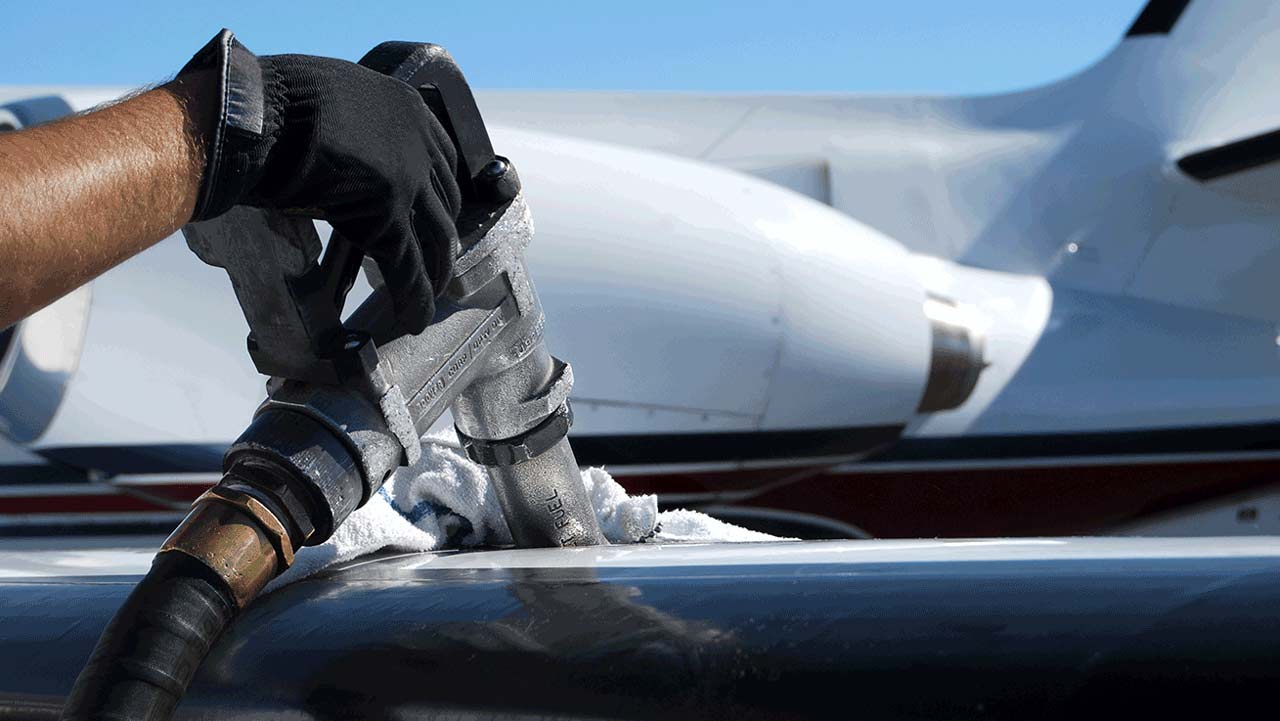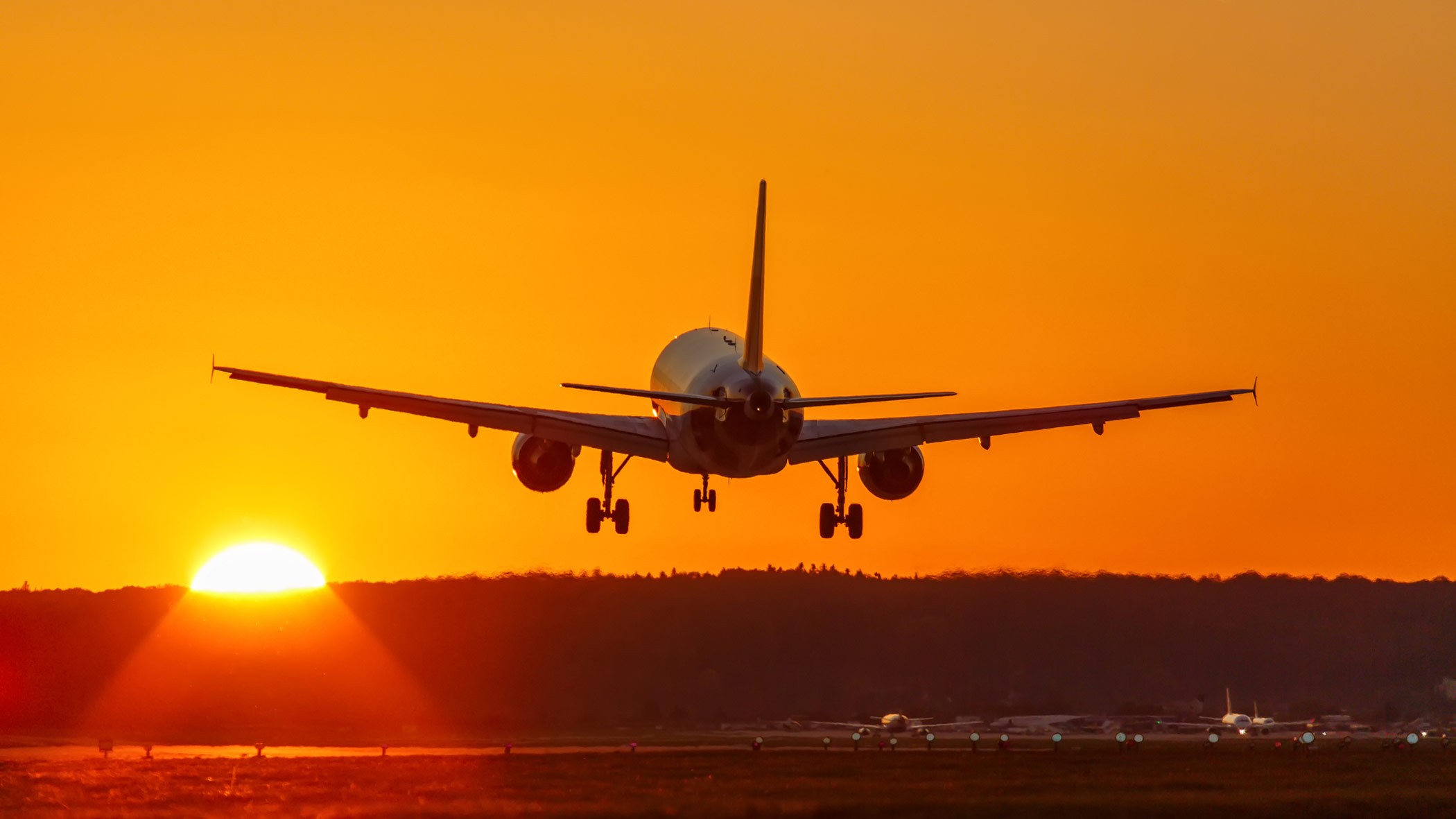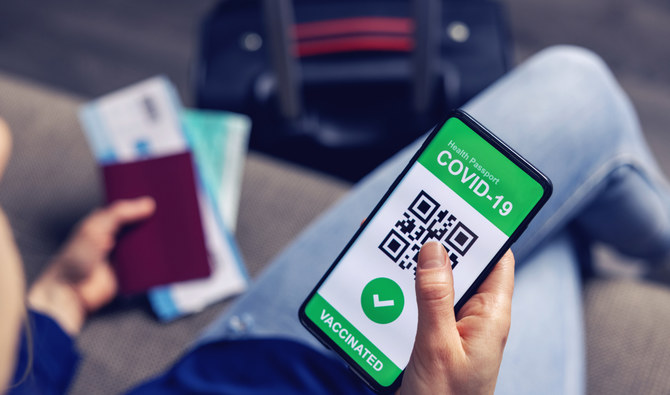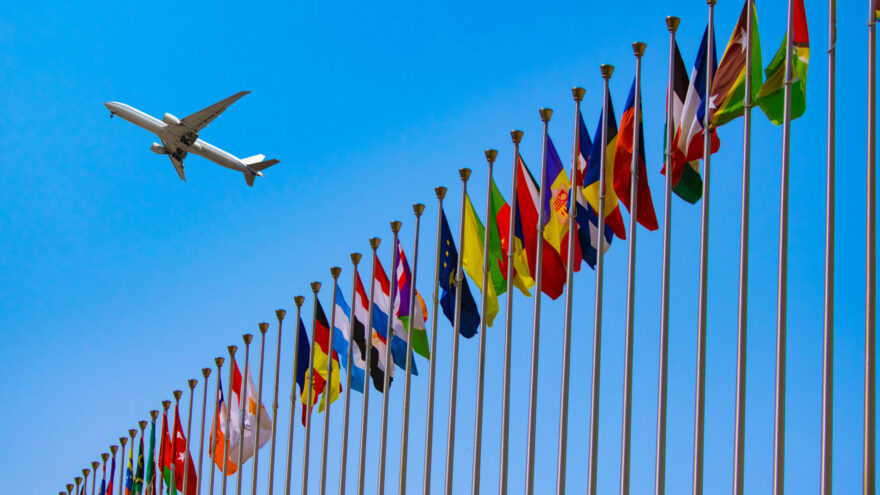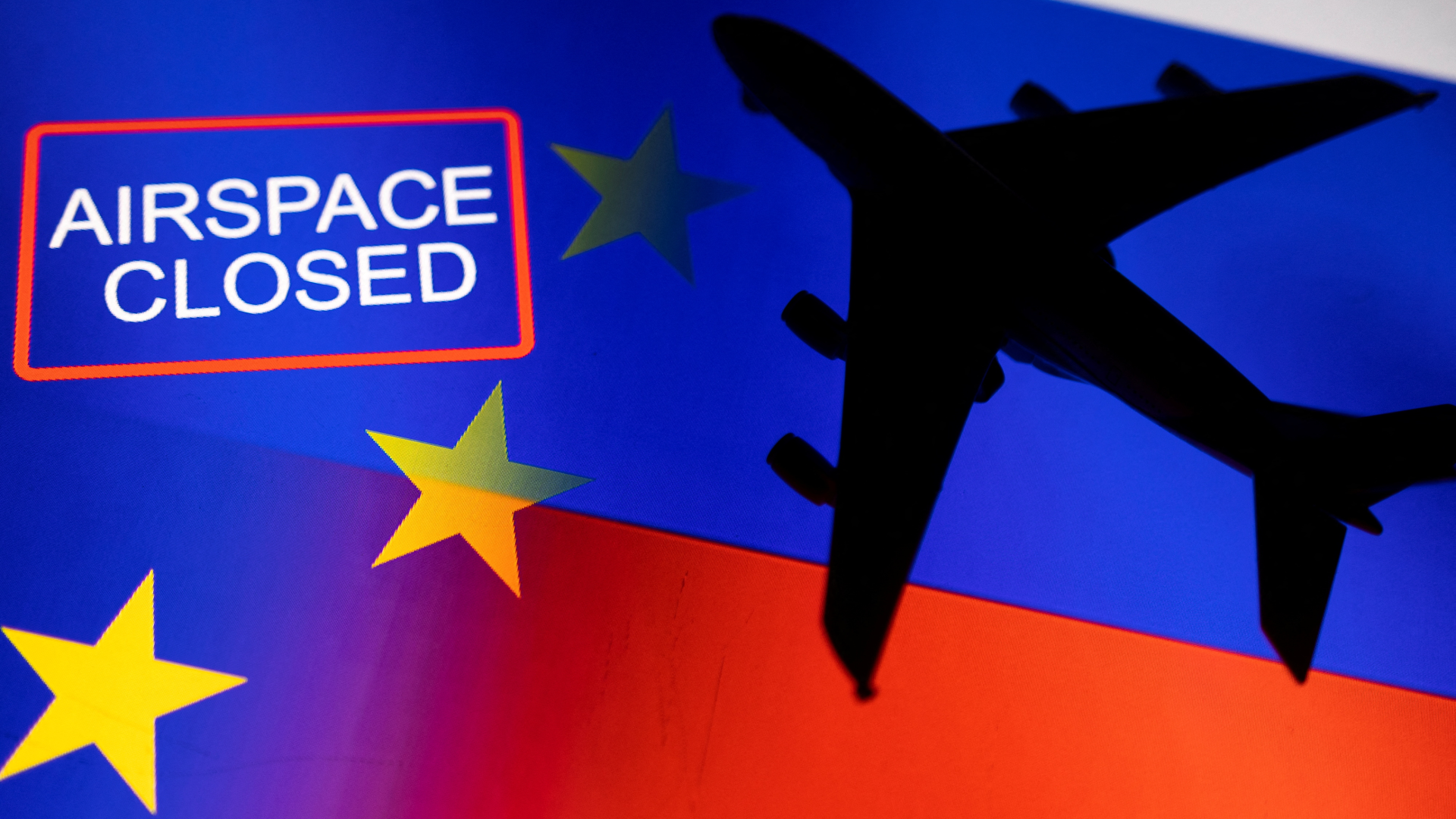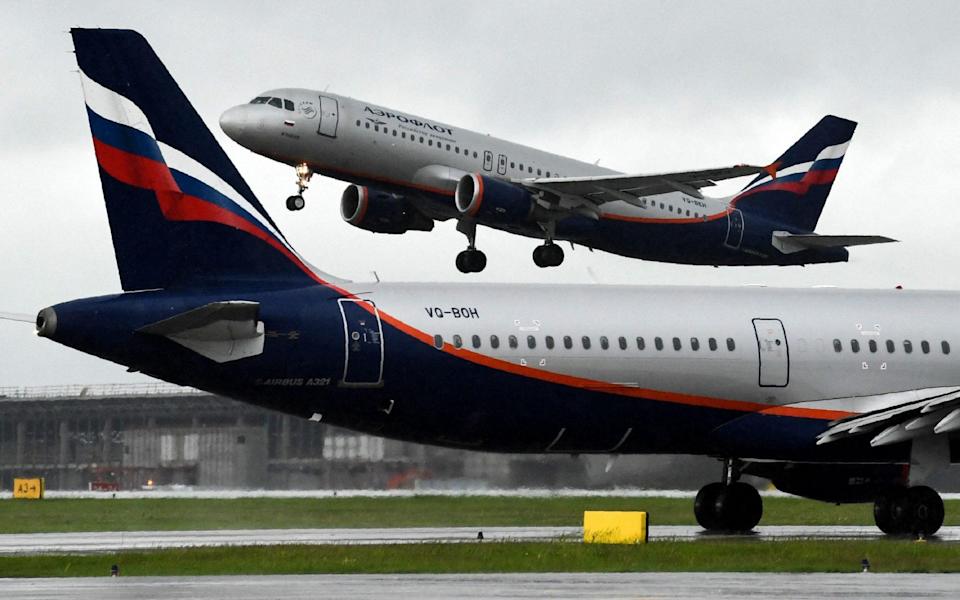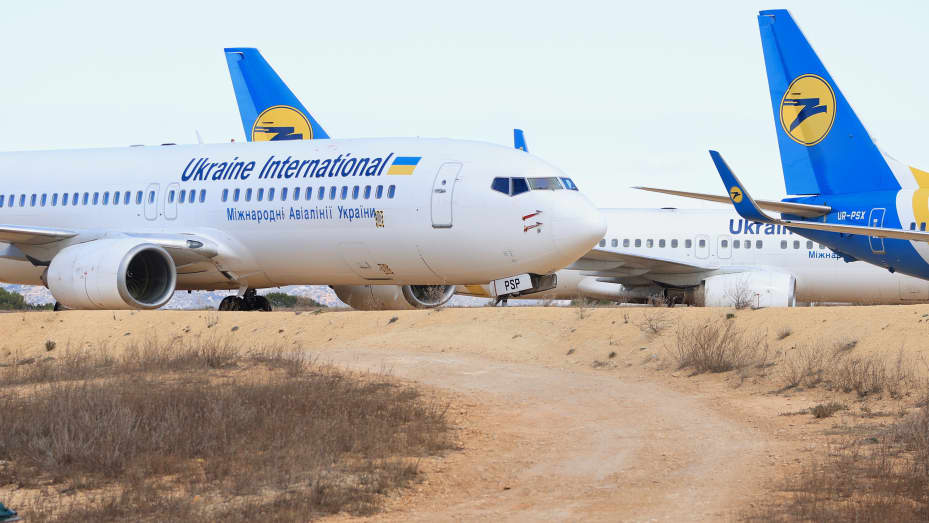African airlines are dusting off plans for operations in a post-pandemic market even as the continent faces mixed prospects in global air traffic recovery. IATA, the International Air Transport Association, predicts a firm path to resumption of global air travel, with passenger numbers expected to surpass the 2019 peak in 2024.
The bullish outlook is informed by the easing of travel restrictions in key markets as Covid-19 vaccinations reach optimal levels and infection rates recede.
Across the globe, airlines posted strong performance in January 2022, with Europe leading the pack and Africa also looking up. Improvements in the major North Atlantic and intra-European markets, are the backbone for recovery with Asia-Pacific’s recovery expected to continue to lag because China, the region’s largest market, continues to cling to restrictive border controls.
Meanwhile, a sudden spike in fuel prices means airlines will lose more than the $11 billion that IATA had predicted for 2022.
Planning operations
Airlines are either buying aircraft, hiring new personnel or adjusting schedules to shift capacity to markets that are opening up faster and cutting back or putting on hold planned route launches to restricted destinations.
For instance, this week, Ethiopian, Africa’s largest airline, placed an order for five brand-new Boeing 777-8 dedicated freighters, becoming the type’s launch customer on the continent.
After several episodes of start and stop, Nigeria says it will finally relaunch its revamped flag carrier next year.
According to the African Airlines Association (AFRAA), four airlines continued with their route development plans during 2021 while another 11 either reopened existing routes or launched new ones. At the end of January 2022, airlines in the region had reinstated 78.7 percent of their pre-Covid capacity.
Uganda Airlines which last year launched new services to Johannesburg and Dubai, is hiring staff for its London office ahead of a much-anticipated commencement of services to the UK. Kenya Airways this week announced a network review that will see its London service revert to daily while Yaoundé will cease operating at the end of May.
Kenya Airways has also indefinitely postponed the launch of a planned service to Milan, citing weak market conditions in the Italian market. Further south, South African Airways is spooling up for a return to the market after coming out of restructuring.
IATA sees passenger traffic bouncing past pre-pandemic levels, to reach four million travellers in 2024 – three percent higher than the last peak achieved in 2019. But it will not be until 2025 that African airlines hit a similar milestone.
Key drivers that would have supported Africa’s recovery are missing. Although 34 countries, who between them account for 80 percent of African traffic, have signed up to the Single African Air Transport Market SAATM, the initiative has not gotten off the ground.
Receding infection rates
The airline lobby’s optimism is shared by Airbus and Boeing, the world’s major commercial aircraft manufacturers, who are also sticking to their planned production rate increases.
According to, intra-African demand remained weak at just 31.3 percent while Intercontinental travel was struggling at 23.5 percent.
Despite some easing, governments largely maintained coronavirus controls. For instance, while Uganda removed the requirement for its controversial test on arrival, travellers are required to present a negative Covid certificate taken 72 hours prior to departure, on both the outbound and inbound legs.
While vaccinated passengers can travel to Mauritius without being subjected to a pre-departure test, they are required to take one on arrival and a second one on day five of their stay.
Subject to fewer restrictions, the domestic sector is expected to lead the recovery with regions that have a significant domestic sector benefitting more.
In its latest update, IATA says the pace of recovery slowed in both the domestic and international segments during January 2022 relative to December 2021 as governments tightened travel restrictions in response to the emergence of the Omicron variant last November.
But Willie Walsh, IATA’s Director-General says government have picked lessons from this episode and are now more open to easing restrictions.
“The recovery in air travel continued in January, despite hitting a speed bump called Omicron. Strengthened border controls did not stop the spread of the variant. But where population immunity was strong, the public health systems were not overwhelmed. Many governments are now adjusting Covid-19 polices to align with those for other endemic viruses. This includes lifting travel restrictions that have had such a devastating impact on lives, economies and the freedom to travel,” Walsh says.
Overall, demand for air travel was up 82.3 percent compared to January 2021 although that number was 4.9 percent below December 2021 on a seasonally adjusted basis.
On the opposite end, African airline’ traffic rose just 17.9 percent year on year during the reference period, which was lower than the 26.3 percent annual increase recorded in December 2021. The region’s airlines boosted capacity by 6.3 percent over the period while the load factor improved by 6 percent reach to 60.5 percent.
Cautious optimism
IATA cautions that while January 2022 saw strong growth in traffic compared to the preceding year, passenger demand was far below pre-Covid-19 levels. Total RPKs in January were at 49.6 percent of January 2019 levels with international traffic down 62.4percent and domestic traffic off the mark by 26.5 percent.
The Middle East, a key connector for Africa saw demand rise 145.percent year on year in January compared with January 2021, although that was still below 178.2 percent witnessed in December 2021, compared with the same period in 2020. January capacity rose 71.7 relative to the comparable period for 2021 with load factor inching up 17.5 percentage points to reach 58.6perecent.
The figures for January do not cover any impacts from the Russia-Ukraine conflict because it began at the end of February. According to IATA, the Ukraine market accounted for 3.3 percent of European passenger traffic and 0.8 percent of global traffic in 2021 while Russia’s international market represented 5.7 percent of European traffic excluding the Russia domestic market and 1.3 percent of global traffic.
Operational cost factor
However, the resulting sanctions and airspace closures are expected to affect travel, especially among countries neighbouring Russia and Ukraine. The airspace closures have forced the rerouting or cancellations of flights on some routes, mostly in the Europe-Asia and the Asia-North America market.
The airline lobby, however, observes that in addition to disruptions caused by the Ukraine conflict, the resulting spike in fuel prices is adding pressure on airline costs and will negatively impact the loss position. The airline industry was expected to accumulate a loss of $201 billion between 2020 and 2022.
“When we made our most recent industry financial forecast last autumn, we expected the airline industry to lose $11.6 billion in 2022 with jet fuel at $78/barrel and fuel accounting for 20 percent of costs. As of March 4, jet fuel is trading at over $140/barrel. Absorbing such a massive hit on costs just as the industry is struggling to cut losses as it emerges from the two-year Covid-19 crisis is a huge challenge. If jet fuel prices stay that high, then over time, it is reasonable to expect that it will be reflected in airline yields,” said Walsh.
Supply chain restoration
On the upside, many governments are removing or relaxing their Covid-19 travel protocols as a growing body of evidence suggests that airline passenger do not pose a greater than average risk of transmitting the disease. For instance, Singapore has introduced vaccinated lanes at its airports allowing vaccinated travellers to transit faster.
“The past few weeks have seen a dramatic shift by many governments around the world to ease or remove Covid-19-related travel restrictions and requirements as the disease enters its endemic phase. It is vital that this process continue and even accelerate, to more quickly restore damaged global supply chains and enable people to resume their lives,” says Walsh.
Walsh adds that one step that could speed up a return to normalcy would be to remove mask mandates for air travel.
“It makes no sense to continue to require masks on airplanes when they are no longer being required in shopping malls, theatres or offices. Aircraft are equipped with highly sophisticated hospital quality filtration systems and have much higher air flow and air exchange rates than most other indoor environments where mask mandates already have been removed,” said Walsh.
Year-on-year, domestic air travel was up 41.5 percent during the month but down 7.2 percent compared with December 2021 on a seasonally adjusted basis. International revenue passenger kilometres (RPKs) rose 165.6 percent compared to January 2021 but slipped by 2.2 percent between December 2021 and January 2022.
European airlines saw the most growth during January, with international traffic increasing by 225.1 percent over the comparable period for 2021. That growth was achieved on a 129.9 percent increase in capacity while the load factor climbed 19.4 percentage points to 66.4 percent.
The bullish outlook is informed by the easing of travel restrictions in key markets as Covid-19 vaccinations reach optimal levels and infection rates recede. But the gains will not be evenly distributed with the business expected to recover at a slower pace in Africa, which has vaccinated fewer people against Covid.
Despite the global easing, African operators face mixed prospects, boxed in by low Covid-19 vaccination rates and a smaller domestic market. That is likely to limit the number of people who can travel within the region and beyond.
Source: The East African


